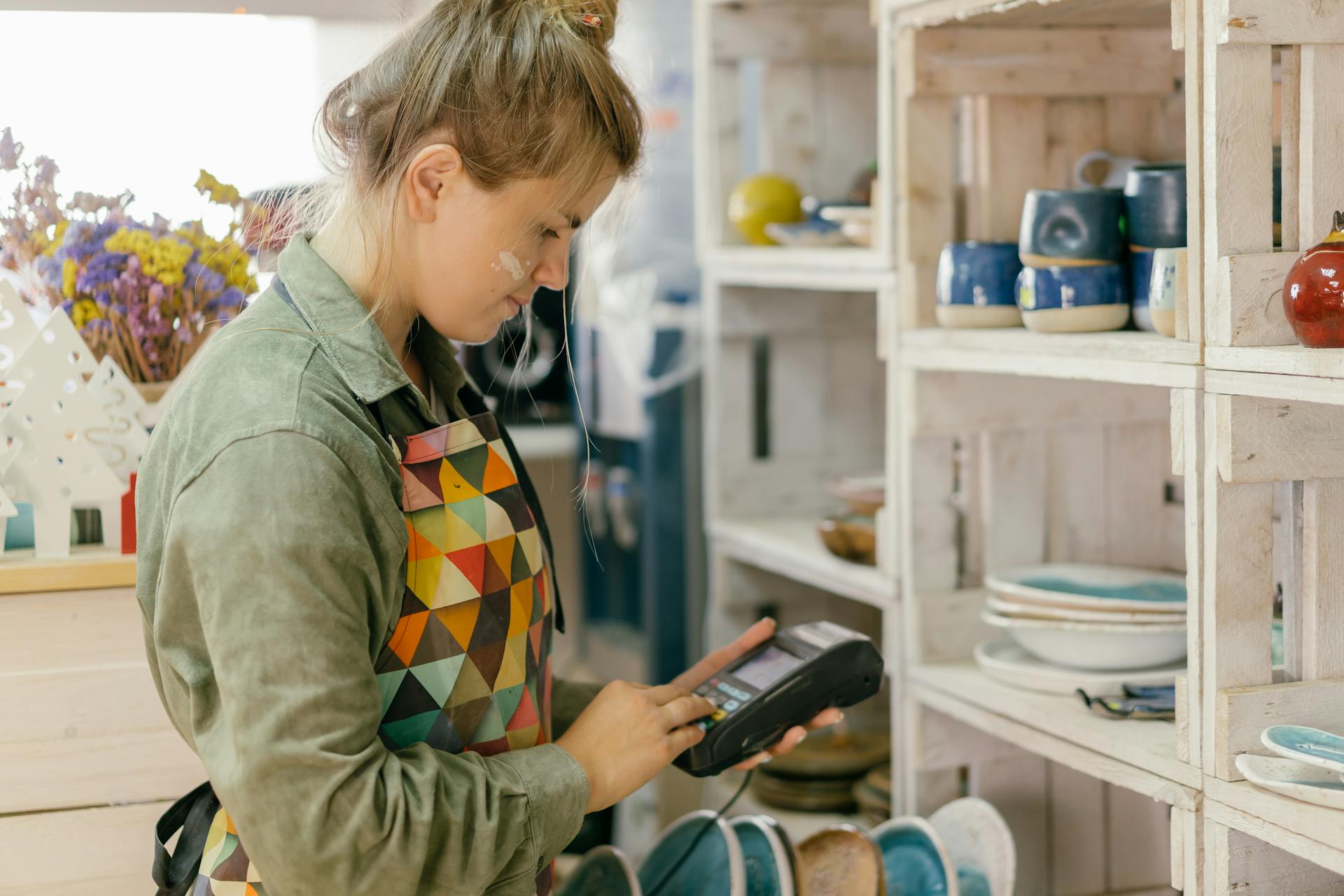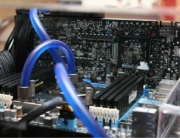Home / Handy Tips /
A good Point-of-Sale system (POS) is critical to the smooth running and success of any retail outlet.
Acting as the central component of your business, it is much more than just a way for customers to pay for the goods and services they want to buy.
It is also a tool for merging and simplifying critical operations within your organisation that can provide you with insightful data, which subsequently can help you to make informed decisions about how to streamline and grow your business.
However, if you haven’t yet set up a POS system or are looking to upgrade your current one, there are several things you should consider.
To give you an idea of what they are, we will provide you with an overview of seven of the main ones in this guide.
What is a POS system?
A Point-of-Sale system is a tool that combines software and hardware to facilitate and record in-store financial transactions.
For instance, a retailer may have POS software configured for its product range that enables contactless payments made utilising a Smartpay credit card reader and digital currency.
Overall, POS systems provide customers with an easy way to pay for their purchases. Some even offer digital POS software for online businesses or mobile solutions for vendors who travel.
Benefits of a POS system
There are numerous benefits that businesses can enjoy from setting up a POS system. They include a more efficient checkout process, shorter queues, more secure financial transactions and a better handle on inventory management.
A good POS system can also be very user-friendly and require less in the way of staff training time.
Things to consider
Before choosing your new POS system and having it installed, there are several things you need to take into account. Here are some of the main factors.
- Set-up cost
Although the running costs of a good POS are generally quite low, they can have high set-up costs.
Part of the reason for this is that you sometimes have to invest in the software and ensure it is compatible with your hardware. To ensure this happens, you might have to invest in barcode scanners, new cash registers, etc.
- Do you want a POS system that is cloud-based?
Traditionally, POS systems were configured around company-owned servers that resided either on-site or in another office.
However, they are increasingly available as a remote, cloud-based system that can be accessed anywhere with an internet connection.
Both have pros and cons, so you will need to do your research to determine which is best for you.
- Recognise your must-have features
POS systems come in different forms which offer features that might be appropriate for some retailers but not others.
For this reason, it is worth taking the time to fully understand what you need most from a POS and using that information to decide which one to adopt.
- Usability
It is important to invest in a system that is as easy to use as possible. The more complicated a POS system is, the more potential it has to negatively impact productivity and the overall customer purchasing experience.
Additionally, the easier your POS is to use, the less likely your staff will experience frustrations or lack of job satisfaction.
- Inventory Tracking
Tracking inventory manually can be a labour-intensive activity, so you’ll want to choose a POS system that can do this for you.
This can be particularly important if you operate from multiple warehouses or branches, as there will need to be a constant exchange of real-time information about current and incoming stock levels.
Additionally, many systems offer the capability to create purchase orders, reminders to restock, and tracking the transfer of stock between different locations.
- Ability to integrate with third-party software
Another factor to consider when setting up your POS system is the degree to which it could integrate with third-party software.
These types of integrations could streamline your operation by saving a lot of manpower in terms of the double or triple entry of data. This, therefore, means it would be stored in one centralised system and could be changed more easily and consistently as required.
For instance, if your POS integrates with your email marketing software, you can more easily and accurately use customer data to send personalised correspondence and offers.
Alternatively, your POS could merge with your eCommerce store to centralise all the orders you receive and their stock figures.
These types of integrations can significantly improve many daily business processes. So, when researching a POS system, it is worth investigating which integrations are available.
- Can it support your growth
Lastly, you’ll want to consider how the POS system can support your growth as a business.
The more successful you are, the more you will need a POS system that seamlessly copes with the increase in sales and data creation that comes with it.
The last thing you want is to have to pay for a newer, more expensive system. So, make sure the one you choose can match your projected growth.









Leave A Comment